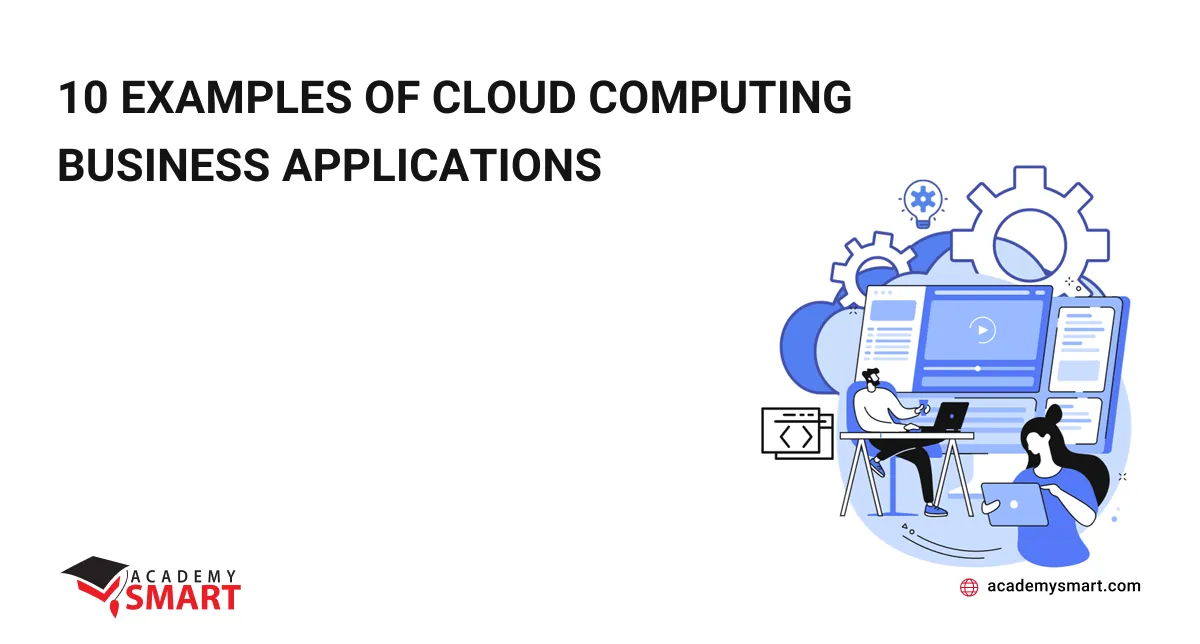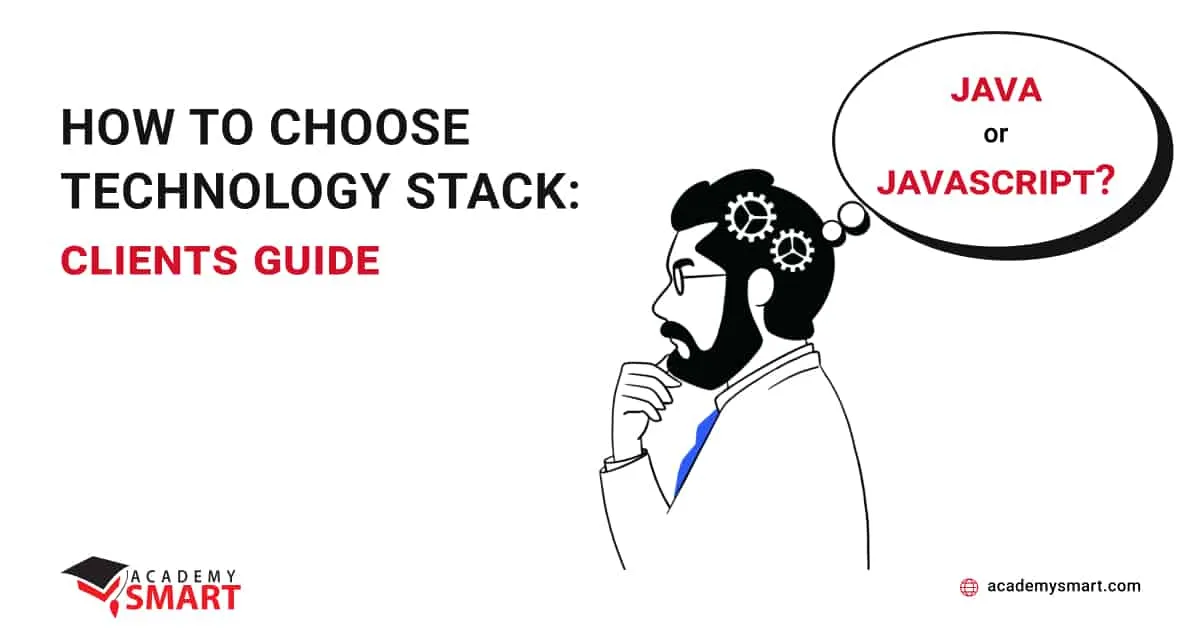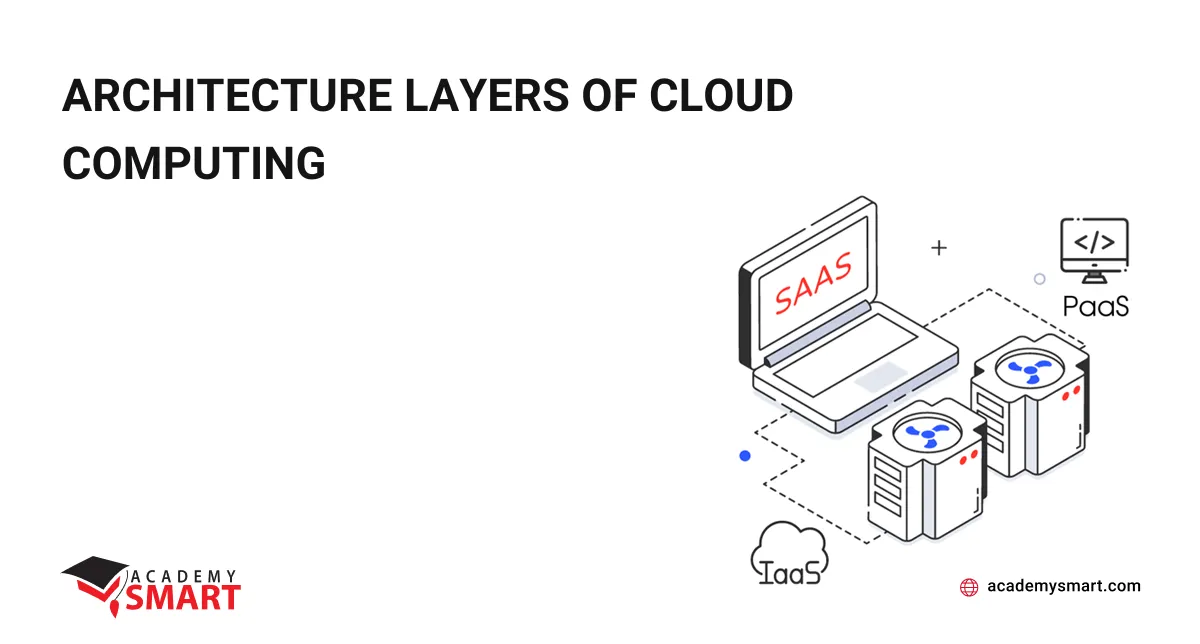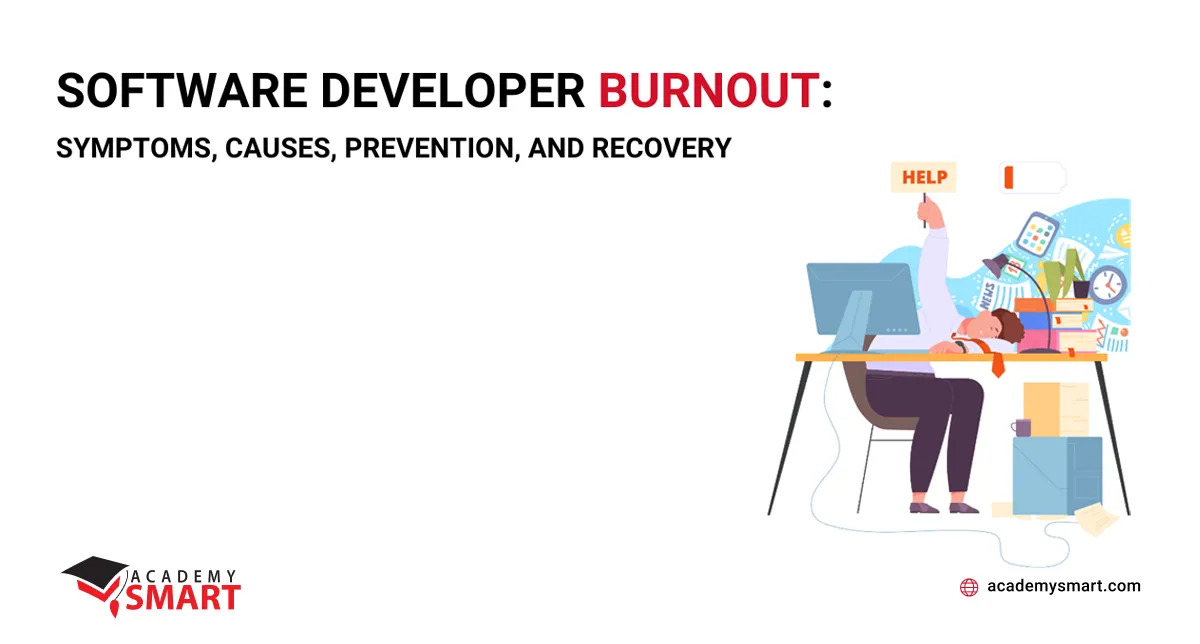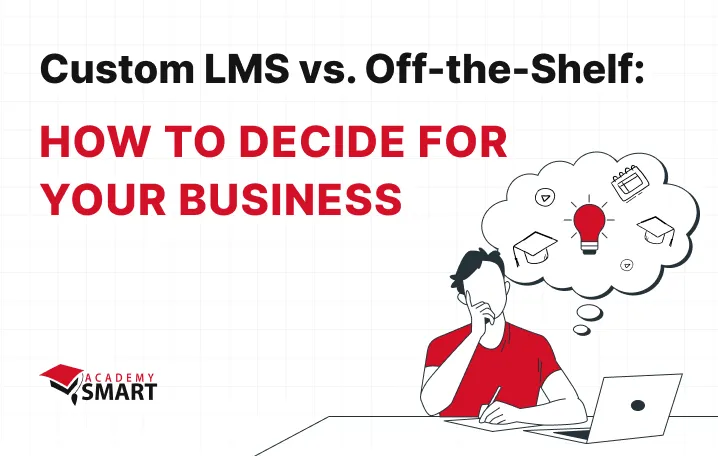
Custom LMS vs. Off-the-Shelf: How to Decide for Your Business
Contents
Introduction: The LMS Dilemma
Choosing the right Learning Management System (LMS) is one of the most important decisions an organization can make for employee training, corporate learning, and compliance management.
With businesses increasingly relying on digital training solutions, the LMS market has exploded with options—ranging from ready-made, off-the-shelf LMS platforms to fully customized solutions tailored to an organization’s unique needs.
The question is: Should you opt for a pre-built LMS or invest in custom LMS development?
This guide will walk you through the key differences, pros and cons, and critical factors to help you make the right decision.
1. What is an Off-the-Shelf LMS?

An off-the-shelf LMS is a pre-built, commercial learning management system that provides a standardized set of training tools for businesses, schools, and organizations. These platforms come with a predefined structure, templates, and features that allow users to quickly deploy training programs without needing extensive customization or coding.
Off-the-shelf LMS solutions cater to a wide range of industries and are typically cloud-based, meaning they are hosted on external servers and maintained by the LMS provider. Businesses subscribe to these platforms, paying either a monthly per-user fee or an annual license cost.
For organizations that need a quick-to-launch, budget-friendly LMS, an off-the-shelf solution can be a great starting point. However, its limitations can become apparent as training needs grow, compliance requirements evolve, or deep system integrations become necessary.
Popular Off-the-Shelf LMS Solutions:
✔ Moodle – Open-source LMS widely used in education.
✔ Cornerstone OnDemand – Enterprise-grade LMS for corporate training.
✔ TalentLMS – Cloud-based, easy-to-use LMS for small businesses.
✔ SAP Litmos – AI-powered LMS for corporate and compliance training.
✔ Docebo – Learning platform with automation and AI-driven recommendations.
Pros of Off-the-Shelf LMS:
✅ Quick Deployment: Ready-to-use templates allow businesses to launch training programs almost instantly.
✅ Lower Upfront Costs: Subscription-based pricing eliminates the need for heavy initial investment.
✅ Built-in Features: Standard tools like course authoring, quizzes, tracking, and reporting are included.
✅ Maintenance-Free: Vendors handle software updates, bug fixes, and security enhancements.
Cons of Off-the-Shelf LMS:
❌ Limited Customization: Cannot fully adapt to complex or unique business needs.
❌ Scalability Issues: Many platforms struggle when an organization expands training across multiple locations or teams.
❌ Integration Challenges: May not connect well with HR, CRM, ERP, and compliance software.
❌ Ongoing Subscription Fees: Costs increase as the number of users grows.
❌ Vendor Lock-in: You rely on the LMS provider’s roadmap, which may not align with your training needs.
💡 Best for: Small-to-mid-sized businesses, startups, and organizations with basic training requirements.
2. What is a Custom LMS?

A custom LMS is a learning platform built specifically for an organization’s needs, workflows, and business processes. Instead of adapting to a pre-existing system, companies design and develop an LMS that aligns with their training goals, user roles, compliance requirements, and integrations.
Custom LMS platforms are designed to scale with your business, integrate seamlessly with existing software (HRIS, ERP, CRM), and support advanced security measures. This approach eliminates the one-size-fits-all limitations of commercial LMS platforms and provides a fully branded, tailored learning experience.
A custom-built LMS is particularly useful for industries with strict compliance regulations (healthcare, finance, government) or companies with complex learning structures (multi-location corporations, global enterprises, franchises).
Pros of Custom LMS Development:
✅ Tailor-Made Functionality: Every feature is built to match your specific training workflows.
✅ Seamless Integrations: Custom LMS platforms connect with HR, payroll, CRM, ERP, and collaboration tools like Microsoft Teams and Slack.
✅ Scalable Architecture: Handles thousands of users, multilingual support, and multi-location training.
✅ No Per-User Licensing Fees: Reduces long-term costs compared to off-the-shelf subscription models.
✅ Enhanced Security & Compliance: Includes HIPAA, GDPR, SOC 2, and FINRA-compliant features.
✅ AI & Advanced Analytics: Supports adaptive learning, performance tracking, and real-time reporting.
Cons of Custom LMS:
❌ Higher Initial Investment: Requires upfront development costs.
❌ Longer Implementation Time: Takes 3-6 months to design and deploy.
❌ Requires Ongoing Maintenance: Needs IT support or a development partner for updates.
💡 Best for: Enterprises, highly regulated industries (healthcare, finance, government), and companies requiring advanced LMS integrations.
3. How to Decide: Key Questions to Ask

Choosing between a custom LMS vs. off-the-shelf LMS depends on your organization’s training objectives, budget, and technical requirements. Here are the key questions to guide your decision:
1️⃣ How complex are your training needs?
- Basic employee onboarding, compliance training, or general e-learning? → Off-the-shelf LMS
- Industry-specific training, multi-department learning paths, or unique workflows? → Custom LMS
2️⃣ Do you require deep integrations with existing systems?
- If you just need standalone training, an off-the-shelf LMS will work.
- If your LMS must connect with HR, CRM, or payroll systems, a custom LMS is the better choice.
3️⃣ What is your long-term budget strategy?
- Are you okay with ongoing subscription costs per user? → Off-the-shelf LMS
- Do you prefer an upfront investment with long-term savings? → Custom LMS
4️⃣ How many users do you need to support?
- Under 500 employees or learners? → Off-the-shelf LMS
- Scaling to 10,000+ users across multiple locations? → Custom LMS
5️⃣ What are your compliance and security requirements?
- Standard security measures are sufficient? → Off-the-shelf LMS
- Strict compliance (HIPAA, FINRA, GDPR, SOC 2) needed? → Custom LMS
6️⃣ Do you need complete branding and customization?
- Basic branding (logos, color themes) is enough? → Off-the-shelf LMS
- Full white-labeling, UI/UX control, and tailored features? → Custom LMS
4. Conclusion: Which LMS is Right for You?

📌 If you need a quick-to-deploy, budget-friendly LMS with basic training features, an off-the-shelf LMS is the best option.
📌 If you require custom workflows, enterprise scalability, deep integrations, and compliance features, a custom LMS is the better long-term investment.
Still unsure which LMS solution is best for you?
At Academy Smart, we specialize in custom LMS development that integrates AI, enterprise systems, and industry-specific security. Whether you’re looking for a tailored corporate LMS, compliance training platform, or an AI-powered learning solution, we can help.
Book a free consultation

Reach out to start talking today!





